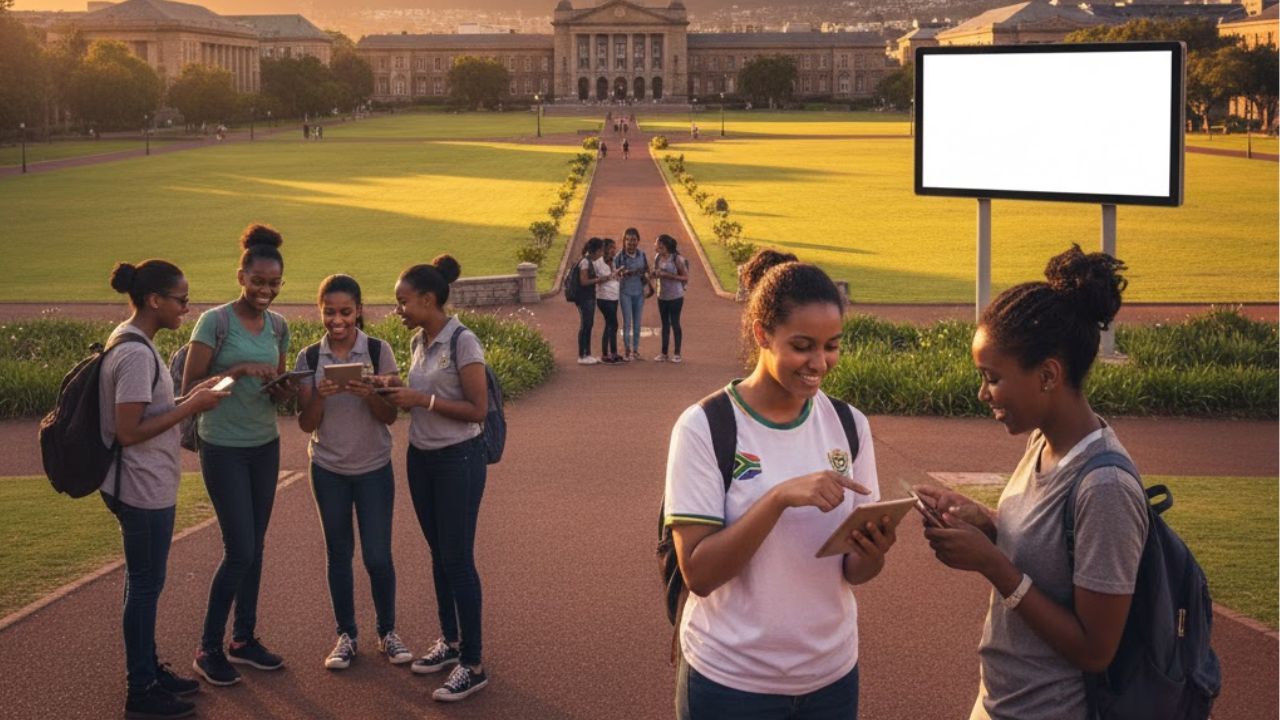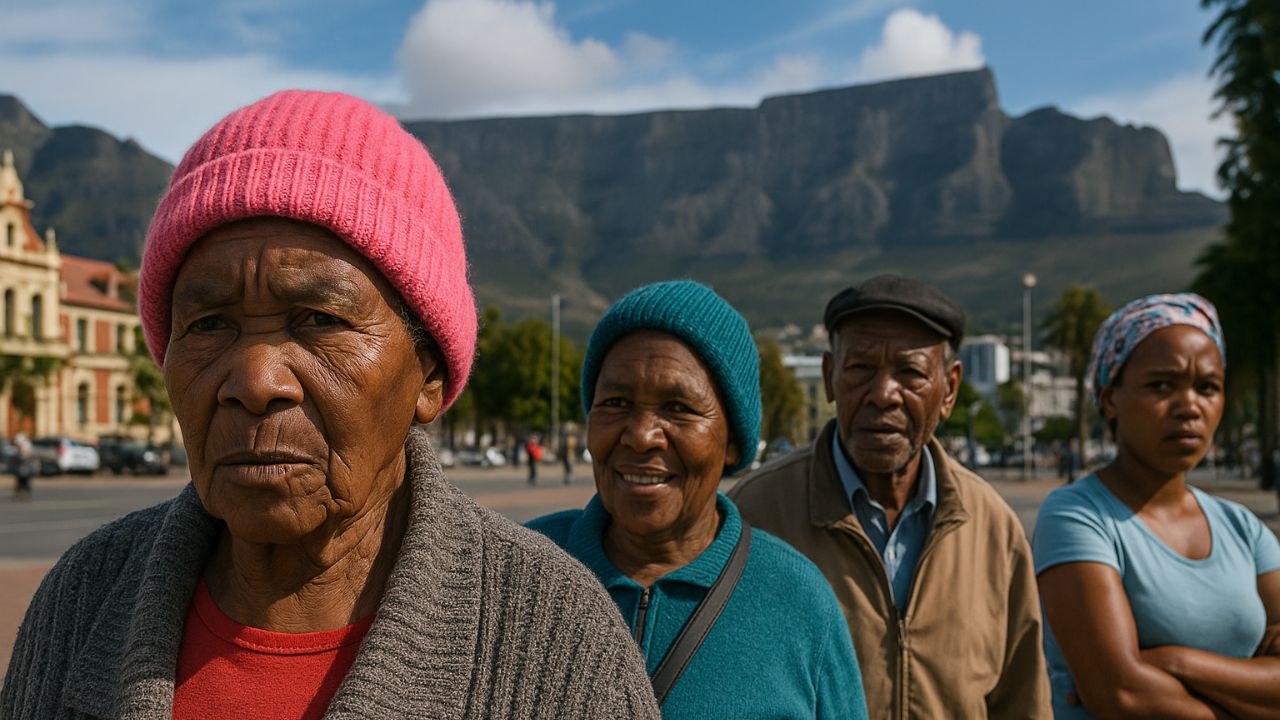The National Student Financial Aid Scheme (NSFAS) has officially opened its 2026 online application window for students across South Africa. Aspiring university and TVET college students can now apply for funding ahead of the 15 November 2025 deadline. This early opening allows applicants more time to prepare and submit accurate details, ensuring smoother processing before the academic year begins. NSFAS continues to be a crucial support system for underprivileged students, covering tuition fees, accommodation, transport, and learning materials. The online process is designed to be simple, allowing applicants to submit their documents digitally through the NSFAS portal or the myNSFAS app. As demand for financial aid continues to rise, early applications are highly encouraged to avoid last-minute issues or system slowdowns near the closing date. Students are advised to gather all necessary documents, including their certified ID, proof of income, and academic records, before starting the application process.
Eligibility Criteria for NSFAS 2026 Applications
To qualify for the 2026 NSFAS funding, students must meet specific eligibility requirements outlined by the South African government. Applicants must be South African citizens planning to study at a public university or TVET college in 2026. They should come from households with a combined annual income of R350,000 or less, while persons with disabilities are allowed a maximum income of R600,000. Priority is often given to students who previously benefited from the South African Social Security Agency (SASSA) grants. NSFAS will also require proof of household income and valid supporting documentation. First-time applicants and returning students are encouraged to update their information to avoid delays. In addition, those who previously applied but were unsuccessful can reapply if their circumstances have changed. Meeting these criteria ensures that deserving students continue receiving financial assistance for their education in 2026.
Step-by-Step Guide to Apply for NSFAS 2026 Online
Applying for NSFAS funding has become easier thanks to the improved online portal. To apply, visit the official NSFAS website at www.nsfas.org.za and click on “myNSFAS.” Create an account or log in using your registered email address and password. Once inside, complete the application form by providing personal details, household income information, and the institution where you intend to study. Upload all required supporting documents, such as your certified ID, parent or guardian ID copies, and recent payslips (if applicable). Before submitting, double-check your information to avoid rejection due to errors. After submission, applicants will receive a reference number to track their application status. Remember, applications must be submitted before 15 November 2025. It is also advisable to apply early in case of technical issues or high traffic during the final week.
Documents Required for a Successful NSFAS Application
To ensure your NSFAS 2026 application is processed without delays, it is important to provide all the required documents. Every applicant must upload a certified copy of their South African ID or birth certificate, along with their parents’ or guardians’ ID documents. If the applicant is employed or comes from a working household, proof of income, such as recent payslips or an affidavit, is needed. SASSA beneficiaries, however, are not required to submit income proof. Academic records or acceptance letters from a university or TVET college must also be uploaded for verification. Students with disabilities must include a completed Disability Annexure A form. Missing or unclear documents often lead to disqualification, so double-check before submission. By preparing and scanning these documents early, applicants can complete their online application quickly and efficiently.
Important Dates and Tips for NSFAS 2026 Applicants
The NSFAS 2026 application period runs until 15 November 2025, but applying early is strongly recommended. Late submissions are rarely accepted, and incomplete applications may be automatically rejected. After submitting, applicants should regularly log in to their myNSFAS account to monitor updates and respond to requests for additional information. NSFAS typically begins processing applications in December 2025, with provisional funding decisions released by early 2026. Successful applicants will receive confirmation via SMS or email. To increase your chances of approval, ensure all information is accurate and documents are legible. Avoid using shared or public devices to protect your personal data. Applicants are also encouraged to follow official NSFAS social media channels for any changes or announcements about deadlines, system maintenance, or policy updates.







